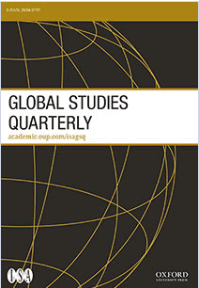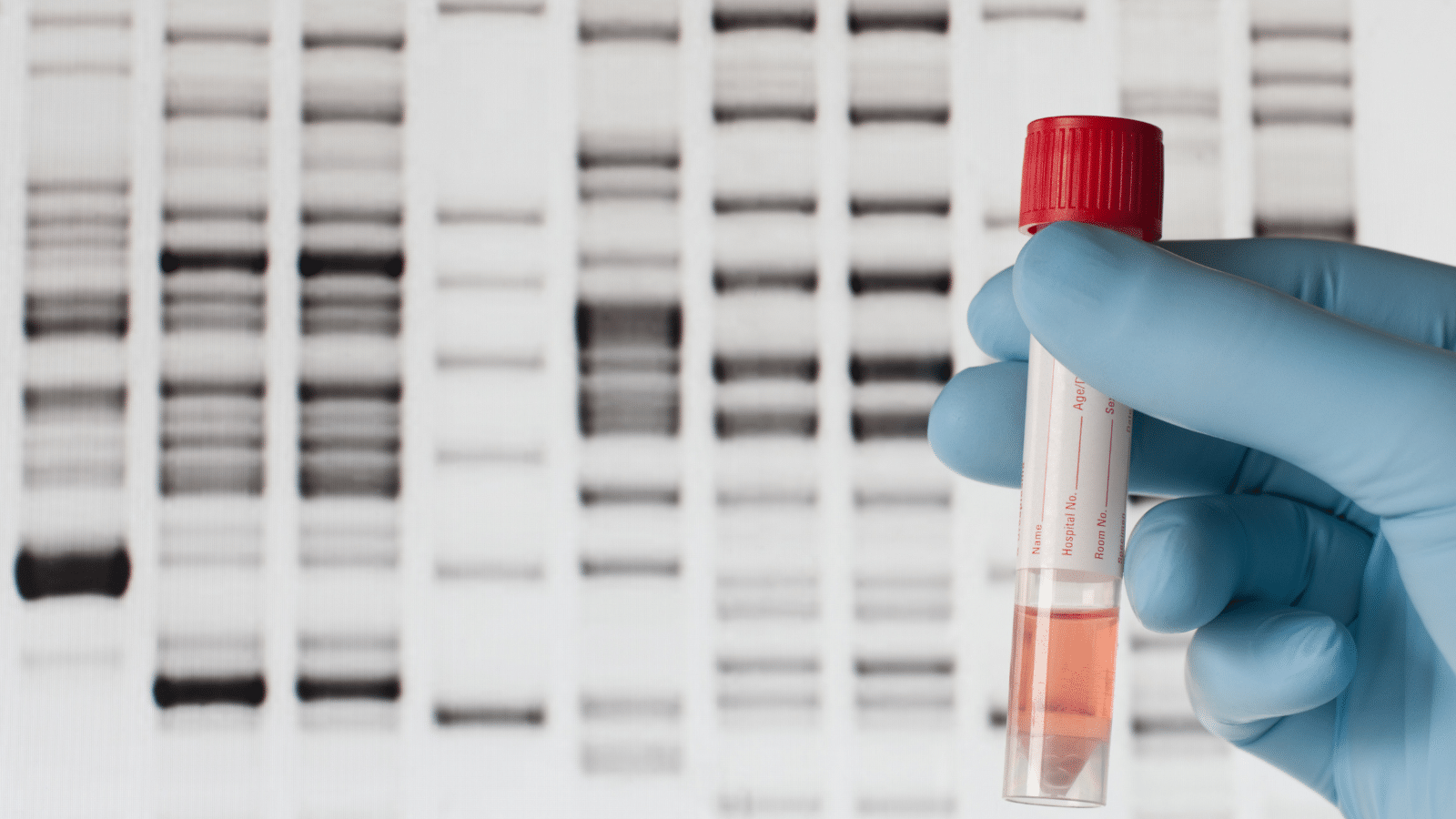 In 2018, reports emerged that humanitarian workers employed by Oxfam Great Britain in Haiti had sexually exploited local women and that the organisation had failed to hold its employees accoundtable. Sexual exploitation and abuse perpetrated by aid workers against the vulnerable populations they have been sent to assist remains a significant concern in humanitarian contexts. Now with advances in genealogy, the struggle against sexual exploitation in aid is beginning to interconnect with the emergent use of commercial genealogy databases to solve crimes.
In 2018, reports emerged that humanitarian workers employed by Oxfam Great Britain in Haiti had sexually exploited local women and that the organisation had failed to hold its employees accoundtable. Sexual exploitation and abuse perpetrated by aid workers against the vulnerable populations they have been sent to assist remains a significant concern in humanitarian contexts. Now with advances in genealogy, the struggle against sexual exploitation in aid is beginning to interconnect with the emergent use of commercial genealogy databases to solve crimes.
In this new article for Global Studies Quarterly, the intersection of technological utopianism with the safeguarding rush in international aid and the DNA imaginations that it has given rise to.
The article explores the implications of the centering of DNA technology in efforts to prevent and punish sexual exploitation and abuse by aid workers and asks what types of accountability DNA approaches yield. The article also examines the discursive power of DNA imaginaries in shaping the politics and practice of safeguarding in the humanitarian sector.
Sandvik and Westendorf consider the type of solutionism at play in the technological imaginary of consumer genomics as an appropriate mode of “catching” sexual predators among aid workers, as well as to the political interests in getting safeguarding “implemented” as rapidly (and simply) as possible. They argue that there are significant implications emerging from how the “turn to DNA” ties genetic and racialised biosurveillance to humanitarian accountability. This concerns how the humanitarian system thinks about consent and coercion and about children’s rights and bodily integrity.
Read the full open access article “Safeguarding Sex: The Technopolitics of Humanitarian Genomic Accountability” here.
